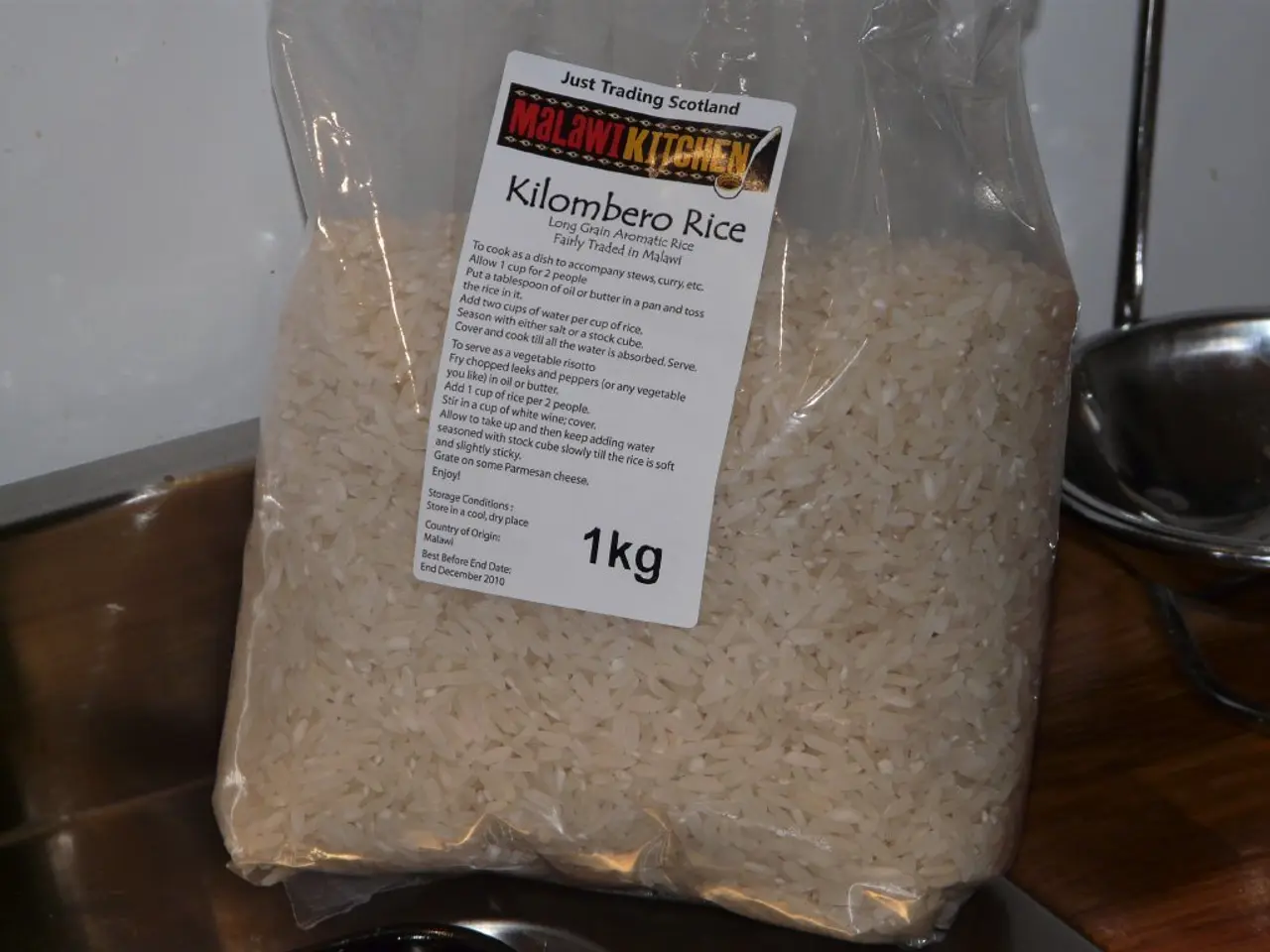Partner from McKinsey, Admitted to the Act of Evidence Destruction
In the heart of 2025, a significant chapter in the ongoing saga of the opioid crisis unfolded as McKinsey & Company reached a settlement in a class-action lawsuit related to their role in fueling the epidemic. The lawsuit, titled In re McKinsey & Co., Inc., National Prescription Opiate Consultant Litigation in the Northern District of California, involved McKinsey entities including McKinsey Holdings, Inc. and McKinsey & Company, Inc. in Washington, D.C.
The settlement pertains to allegations that McKinsey played a central role in advising opioid manufacturers on how to maximise opioid sales. This settlement, however, does not equate to an admission of guilt, as McKinsey has denied the allegations despite settling.
In a related development, no publicly available information suggests active criminal prosecutions directly targeting McKinsey or its partners connected to the opioid crisis. The focus appears to be primarily on civil litigation and class-action settlements rather than criminal charges.
Meanwhile, other opioid crisis-related lawsuits are targeting major pharmacy benefit managers (PBMs) such as Express Scripts, OptumRx, and CVS Caremark for alleged roles in the epidemic. These cases are separate from McKinsey's and are ongoing.
Amidst this legal maelstrom, Martin Elling, a former McKinsey partner, found himself in hot water. In 2013, Elling's involvement with Purdue Pharma dates back to when McKinsey worked on strategies to increase sales of Purdue's opioid painkiller, OxyContin. Elling was part of a small group of McKinsey partners who met with members of the Sackler family, Purdue's owners, to discuss these plans.
Fast forward to 2018, Elling suggested in an email to a colleague that McKinsey's risk committee should discuss whether they needed to destroy documents. In July 2025, Elling pleaded guilty to obstructing justice in a federal courtroom in Virginia. He later deleted files related to Purdue from his laptop, and investigators uncovered evidence showing he had erased key materials that could have been used in legal cases against Purdue.
This case is part of a broader reckoning for Purdue and others involved in the opioid epidemic, which has caused nearly 727,000 overdose deaths in the U.S., according to the Centers for Disease Control and Prevention. The opioid crisis has left a lasting impact on communities across the country, with addiction and overdose deaths continuing to rise.
Cases like Elling's highlight the lengths some individuals went to shield themselves and their employers from accountability in the opioid crisis. Elling's guilty plea may not bring back the lives lost to opioids, but it serves as a reminder of the need for transparency and ethical practices in business.
As the dust settles on this chapter of the opioid crisis, there is hope that holding individuals and corporations responsible can help prevent similar tragedies in the future. The fallout from the opioid crisis has been profound, and the legal battles continue to unravel the complex web of corporate practices that contributed to this public health crisis.
- The settlement reached by McKinsey & Company in the class-action lawsuit, despite not being an admission of guilt, still revolves around their role in the finance aspect, as they were accused of advising opioid manufacturers on maximizing opioid sales.
- In a related development, while McKinsey is not facing active criminal prosecutions, the focus on corporate practices in the opioid crisis extends beyond them, as other lawsuits are targeting major pharmacy benefit managers (PBMs) for their alleged roles in the epidemic.




